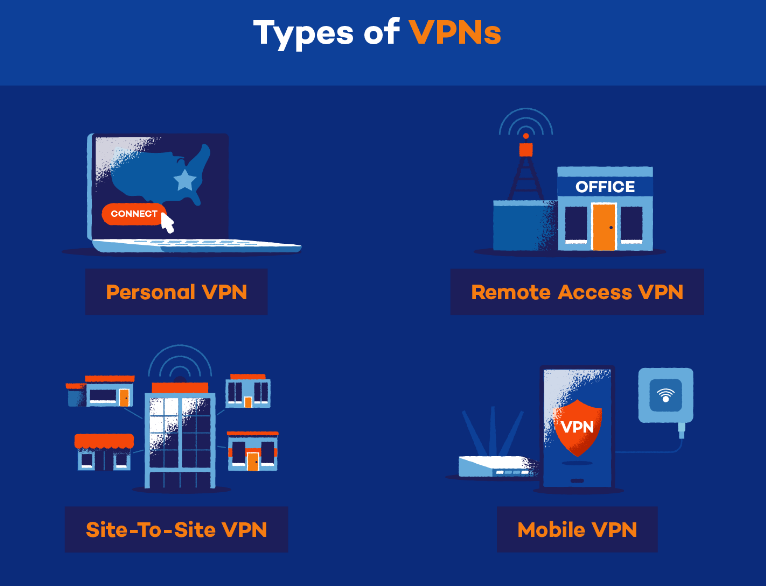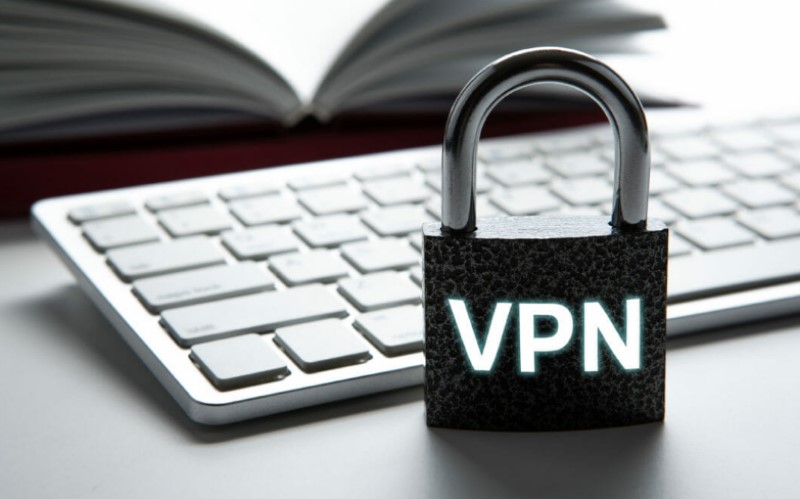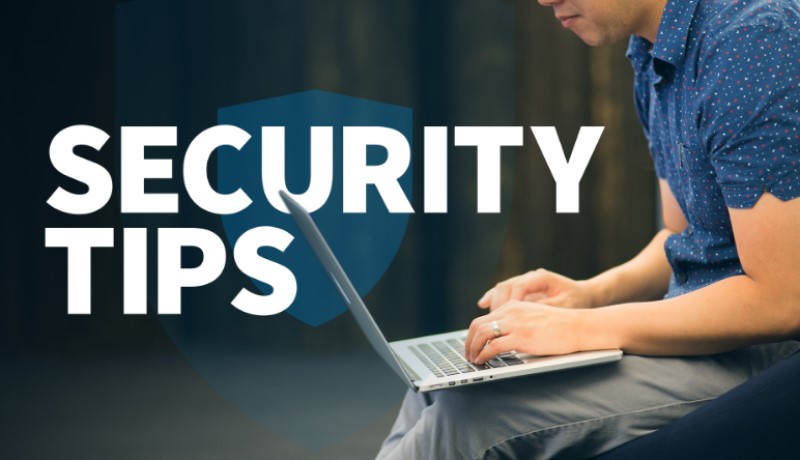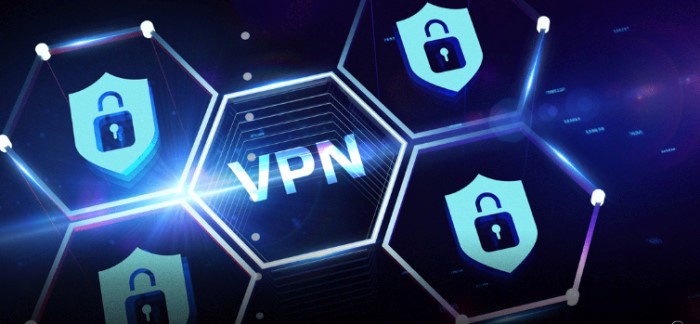A lot has been said about the importance of internet security and the need to keep one’s information safe. However, many people still don’t take the time to properly protect themselves. One way to improve your internet security is to use a VPN. The number of VPN users has increased dramatically over the past few years. More and more people are using VPNs every day. Why is that? What makes a VPN useful? The following article will explain how VPN Can Improve Your Internet Security.
What are the different types of VPNs?

Virtual Private Network (VPN) services are divided into four main categories: personal VPN, remote access VPN, mobile VPN, and site-to-site VPN. In this section, we explain how each of these VPNs works and when to use them.
Personal VPN
A personal VPN service connects you to a VPN server, which then acts as an intermediary between your device and the online services you want to access. A personal VPN – sometimes also called a “consumer” or “commercial” VPN – encrypts your connection, hides your identity online, and allows you to spoof your geolocation. A private VPN works by giving you access to the public internet but over an encrypted connection.
Remote Access VPNs
With a remote access VPN, you may connect to a private network, such as the office network for your company, via the internet. There are different ways to use a remote access VPN, for example, A business traveler can use a remote access VPN to connect to their company’s network from the WiFi in the hotel lobby. They can access all the files and software just like they have in the office. To use a remote access VPN on your device, you usually need to install client software or configure your device’s operating system to connect to the VPN. There should also be a VPN server on the network end of the connection.
Mobile VPNs
While remote access VPNs allow you to connect to the local network from anywhere, they assume that the user will be in one location. If the user disconnects, the IP tunnel will close. A mobile VPN is a better option than a remote access VPN if the user is not likely to have a stable connection, on the same network, during the entire session. With mobile VPN, the VPN connection persists even if the user switches WiFi or cellular network, loses connection, or turns off their device for a while.
Site-to-Site VPNs
While a remote access VPN is designed to allow individual users to connect to a network and use its resources, a site-to-site VPN combines two networks on different sites. For example, if a company has two offices on the east coast and west coast, a site-to-site VPN can be used to combine them into a single network.
How VPN Can Improve Your Internet Security

– Encryption: A VPN encrypts all the data transmitted between your device and the VPN server, making it virtually impossible for anyone to intercept and read your online communications. This is especially important when using public Wi-Fi networks, which are notoriously insecure and can be easily hacked by cybercriminals.
– Anonymity: When you connect to a VPN server, your IP address and online activities are masked, making it difficult for advertisers, governments, and cybercriminals to track your online movements and behavior. This protects your privacy and prevents targeted advertising, surveillance, and other forms of online tracking.
– Bypassing geo-restrictions: VPNs can help you access to content that is otherwise restricted in your country or region, such as streaming services, websites, and apps. By connecting to a VPN server located in another country, you can bypass these restrictions and access the content you want.
– Protection against hacking and malware: VPNs can also provide an extra layer of protection against hacking and malware by preventing cybercriminals from exploiting vulnerabilities in your device or network. By encrypting your data and masking your online activities, a VPN can make it more difficult for hackers to target you.
Top tips for using a VPN safely and effectively

- Choose the right VPN: First, you need to choose a VPN service provider. Which will therefore best meet your needs? In this case, you must clearly decide why you need a VPN. Is it streaming, gaming or online privacy? Once you know the answer, you can do your research and choose a VPN provider with a good reputation for privacy and security.
- Use a strong password: When setting up your VPN account, choose a strong and unique password to prevent unauthorized access.
- Enable two-factor authentication: Some VPN providers offer two-factor authentication, which adds an extra layer of security to your account. Enable this feature if available.
- Choose the right VPN protocol: Different VPN protocols have different strengths and weaknesses. Choose a protocol that balances security and speed according to your needs.
- Be aware of VPN leaks: VPN leaks can occur when your real IP address is exposed despite using a VPN. Use leak detection tools to ensure that your VPN is not leaking your IP address.
Summary
In conclusion, a VPN can significantly improve your internet security by encrypting your online data, masking your IP address and online activities, bypassing geo-restrictions, and providing an extra layer of protection against hacking and malware. By using a VPN safely and effectively, you can browse the internet with confidence, knowing that your online activities are secure and private.

